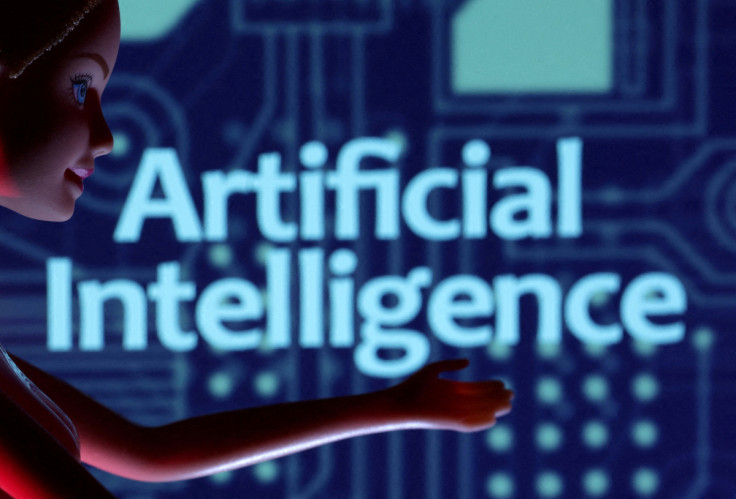DSTL researches AI and its potential to reshape military C2 operations and dynamics
DSTL engages in transformative artificial intelligence workshops, merging gaming tech and military strategy, with the workshop delving into the realm of AI and its potential to reshape C2 dynamics.

In a significant stride toward revolutionising military Command and Control (C2) operations, the Defence Science and Technology Laboratory (DSTL) recently engaged in a groundbreaking two-day workshop led by the Machine Speed Command and Control (MSC2) project.
The workshop, orchestrated by MSC2 partner Cambridge Consultants, delved into the realm of artificial intelligence (AI) and its potential to reshape C2 dynamics. The event not only showcased innovative AI applications but also demonstrated the captivating power of commercial gaming technologies in enhancing strategic decision-making.
The focal point of the workshop was the creation of 'banana classifiers', a simple yet ingenious AI tool devised to classify the ripeness of bananas from photographs. While seemingly unrelated to military affairs, this exercise served as an effective mechanism for participants from diverse industries to build a unified comprehension of AI's opportunities and challenges. Through hands-on experience, the workshop highlighted the transformative potential of AI across a multitude of sectors.
Practical exercises formed the core of the workshop, with a notable emphasis on incorporating commercial gaming technologies. The MSC2 project uniquely harnessed gaming as a vehicle to demonstrate novel AI approaches to C2.
The engagement centred around the popular commercial game StarCraft II, renowned in both academia and industry for its AI research capabilities. Notably, the game's complex programming interface and robust esports community provided a wealth of human-generated data, enabling an unprecedented exploration of AI applications.
StarCraft II catapulted into the global spotlight in 2019 when DeepMind's AlphaStar AI achieved the remarkable feat of outperforming a majority of professional human players. The victory marked a watershed moment in AI history, surpassing previous milestones in games such as Chess and Go. The MSC2 project seized upon this landmark achievement, employing StarCraft II as a testing ground for AI's potential to bolster military C2 operations.
Dr Stephen Helsdon, DSTL's technical authority for the MSC2 project, elaborated on the significance of the endeavour, stating: "The MSC2 project has been running for about 2 years now. This line of work has shown that we can relate AI in games like StarCraft II to military C2-like problems. These games allow us to investigate adversarial scenarios based on incomplete and uncertain information."
Helsdon continued: "Our AI enables the user to predict the location and type of red forces in real-time based on incomplete data about the battlespace and shines a light through the fog of war. It empowers the user to understand the thinking of the AI by explaining how it produces its predictions and so the trust between the human and the AI is advanced to a higher level."
The integration of AI in gaming scenarios holds remarkable promise for military operations. The MSC2 project envisions an AI-driven Command and Control framework that empowers military strategists with real-time insights, enabling them to adapt swiftly to dynamic situations. By leveraging AI to predict and analyse adversaries' movements, the project aims to equip military forces with an unparalleled advantage.
Additionally, the workshop raised pertinent technical queries, spurring further investigations into the realms of live human-AI interaction and strategic inference based on observed behaviours. The integration of these elements promises to deepen the understanding of AI's role in C2, enhancing the synergy between human decision-makers and their AI counterparts.
The MSC2 project's strides extend beyond the confines of the workshop. The insights garnered from the StarCraft II experiments are being projected onto an international stage through Dstl's International Research Collaborations. Collaborative efforts are underway to harness AI's potential for multinational C2 support, further solidifying the project's global impact.
Dr Helsdon further stated: "Going forward, this gaming-centric research will continue with a focus on better-explaining aspects of live human-AI interaction. It will also look at inferring strategy based on observed behaviours. The workshop itself generated a number of interesting technical questions which we will follow up."
© Copyright IBTimes 2025. All rights reserved.






















